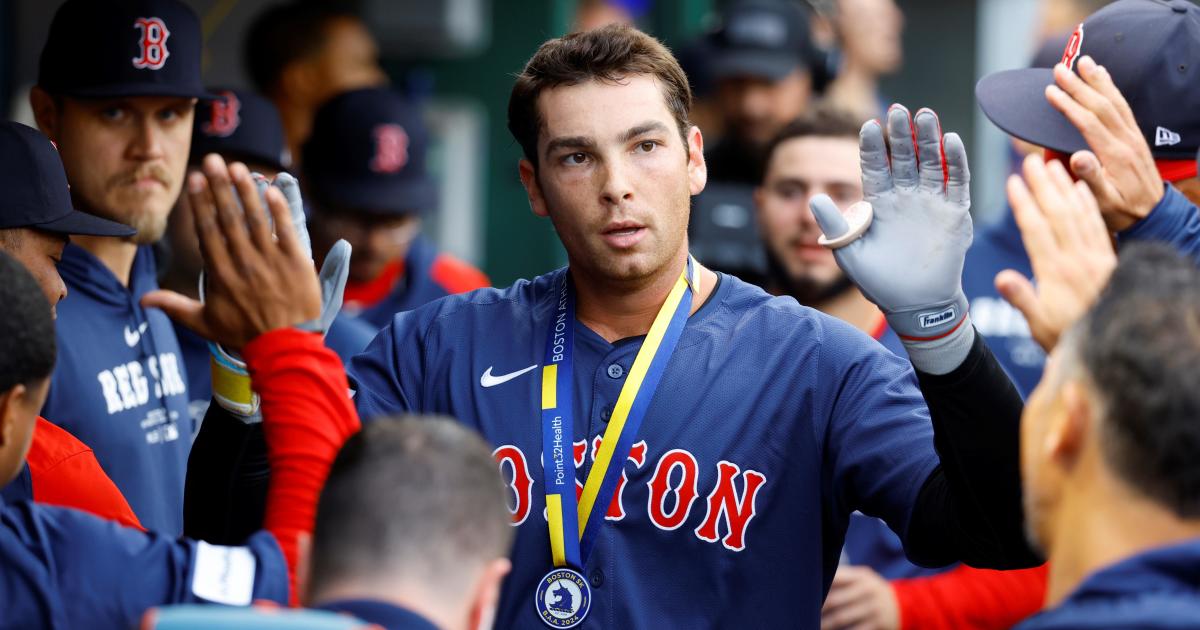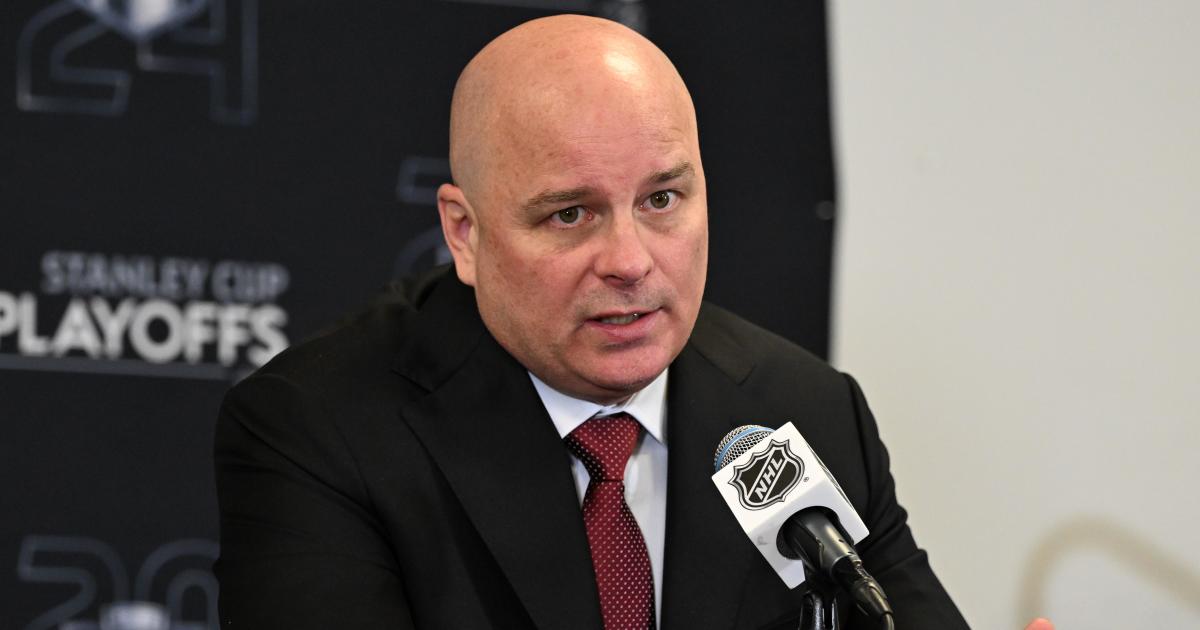Red Sox Need More Than Francona To Solve Problems
BOSTON (CBS) -- The 2012 Boston Red Sox are an absolute mess. This is not breaking news.
They've dropped seven straight games to start their road trip, the first time they've done that to start a road trip since 1960, to fall to 62-74 on the season, Their best player now wears a Dodgers uniform, their current players are fighting in the dugout about pickoff moves, their closer had to fly commercial to catch up with his team after being suspended by the team, and the manager says poetic things like "Who cares?" when he's asked questions in a postgame press conference.
And when such a high-profile team has such high-profile problems, the high-profile baseball writers start to toss out some high-profile opinions, like this one from Fox's Ken Rosenthal: Boston Red Sox should fire Bobby Valentine, bring back Terry Francona.
That is the story buzzing through the baseball world on Tuesday, with Rosenthal saying the Red Sox' owners must admit their mistake in firing Francona and hiring Valentine and make amends by starting it all over again for the man who led them to two World Series titles.
It's a fun idea, sure, and for anyone who thought Francona never should have been shown the door in the first place, it sounds wonderful. But to think Francona, the man who oversaw the biggest September collapse in history just one year ago, could walk back into his old office and right this ship is just not realistic.
Rosenthal wrote that Francona is the right man for the job because he led the team to an 80-41 record from April 15-Aug. 27 last year, ignoring the minor detail that he led them to a 10-31 record on the other days of the season, and those days counted in the standings, too. Rosenthal wrote that Francona would be able to get over the fact that someone from the organization smeared his name and reputation shortly after he left, leaking tales of painkiller abuse, marital problems and a lack of focus last year.
Rosenthal also explained the most implausible part of the whole plan.
"The exercise would be painful for ownership, almost an exercise in self-flagellation," Rosenthal said.
That alone is reason enough to know beyond a reasonable doubt that such a move could never happen. It was ownership that moved to oust Francona as soon as last season ended. (It definitely wasn't Theo Epstein, who already had one foot out the door on the way to Chicago yet still sat in the Red Sox media room pretending to care about the future of the organization in one of the biggest shams in press conference history.) And it was ownership that bullied first-time general manager Ben Cherington in the search for Francona's replacement, opting for a "personality" in Valentine over a baseball-focused mind like Dale Sveum.
Valentine is ownership's guy, which is probably the only reason he still wears a Red Sox hat every night. Had it been Ben's mistake, Valentine would have been fired already, and we'd have never heard about any "fact-finding" missions from the absentee owner trying to figure out exactly where things went wrong. The problem for John Henry is that much of it went wrong when Larry Lucchino strong-armed the decision to hire Valentine, and you'd be more likely to win the Powerball and spin for $1.00 on "The Price Is Right" on the same day than seeing Lucchino admit he screwed it all up.
And beyond that, if the goal is to remove a dramatic figure from the clubhouse and provide stability for a team that so desperately needs it, would pulling a George Steinbrenner-Billy Martin move really help accomplish that goal?
Probably without trying, Rosenthal refuted the idea himself in his own story when he wrote, "The Sox are committed to creating a new culture." That's absolutely true, and it certainly can't be accomplished by hiring the old manager.
Read more from Michael by clicking here, or follow him on Twitter @michaelFhurley.



